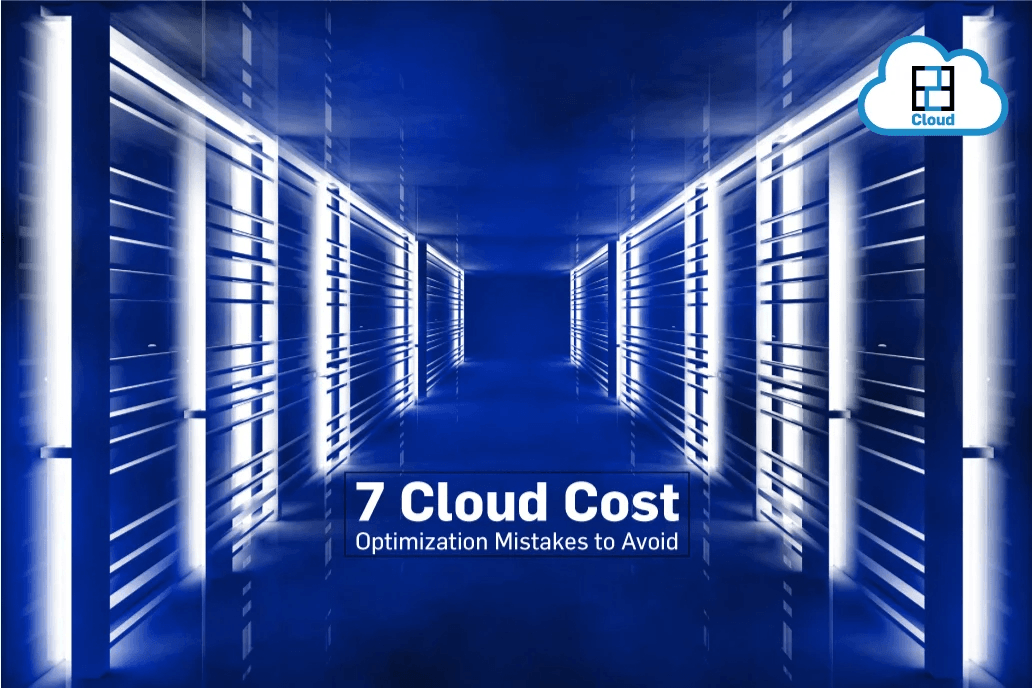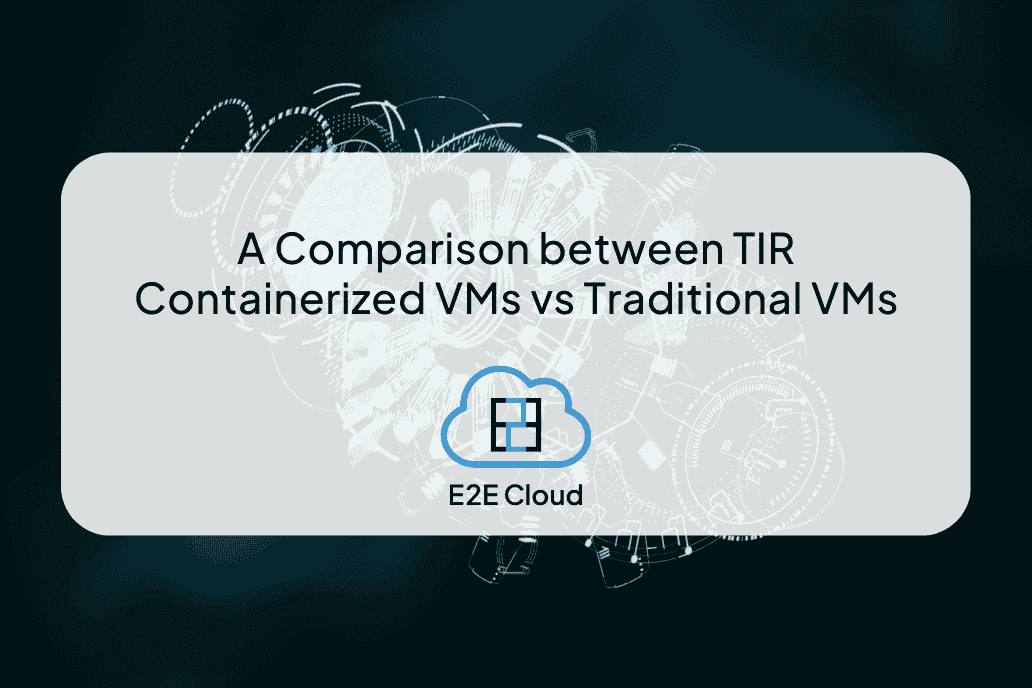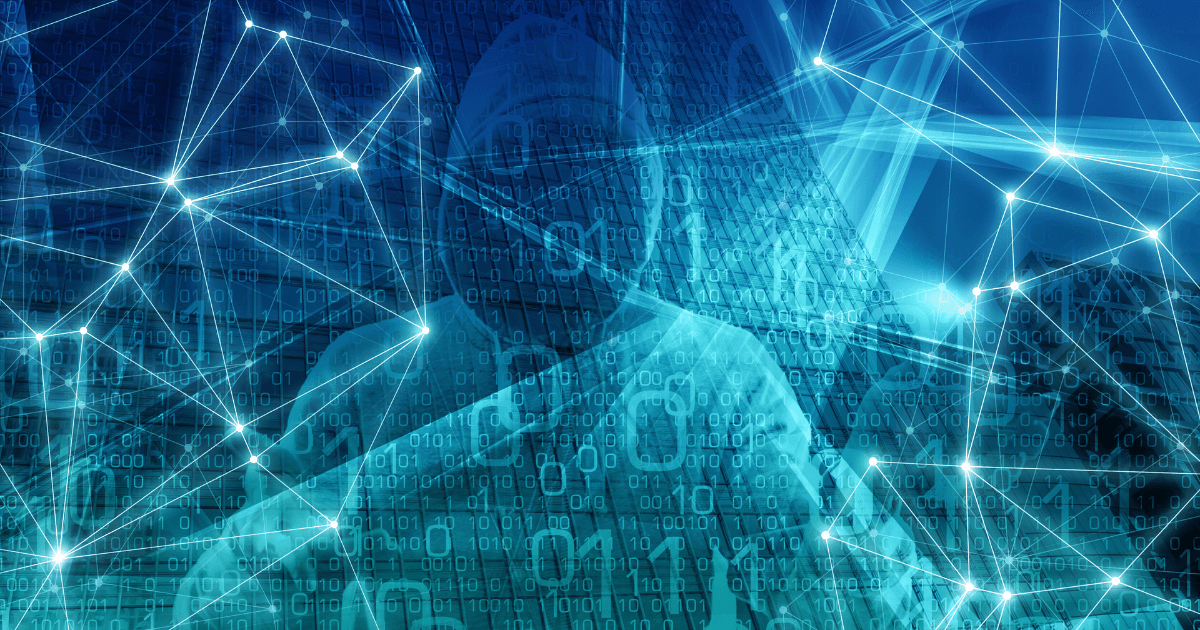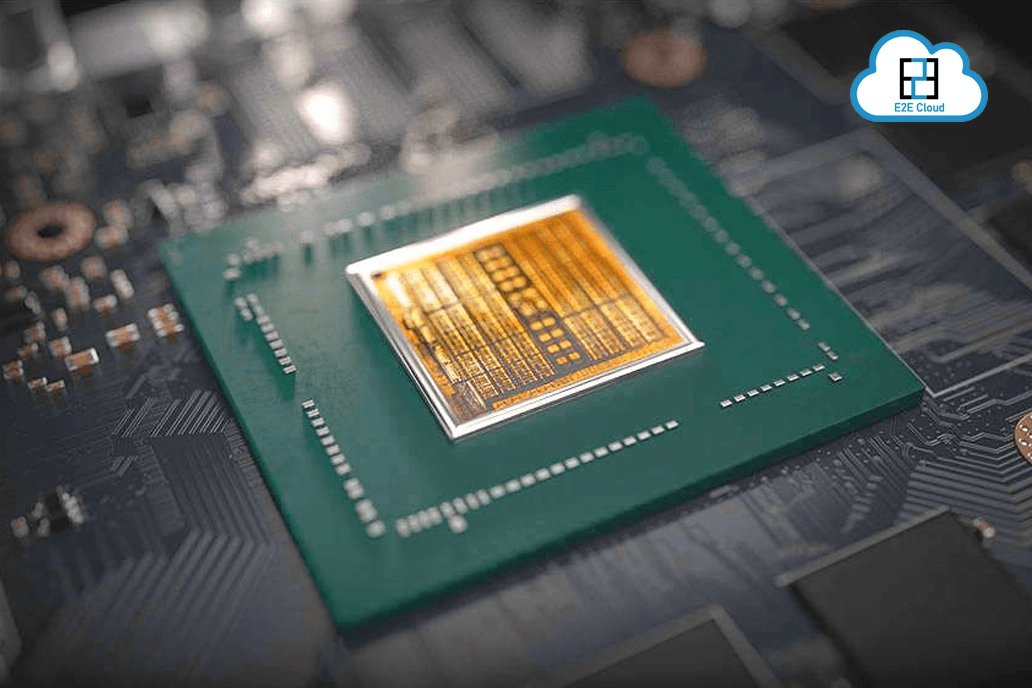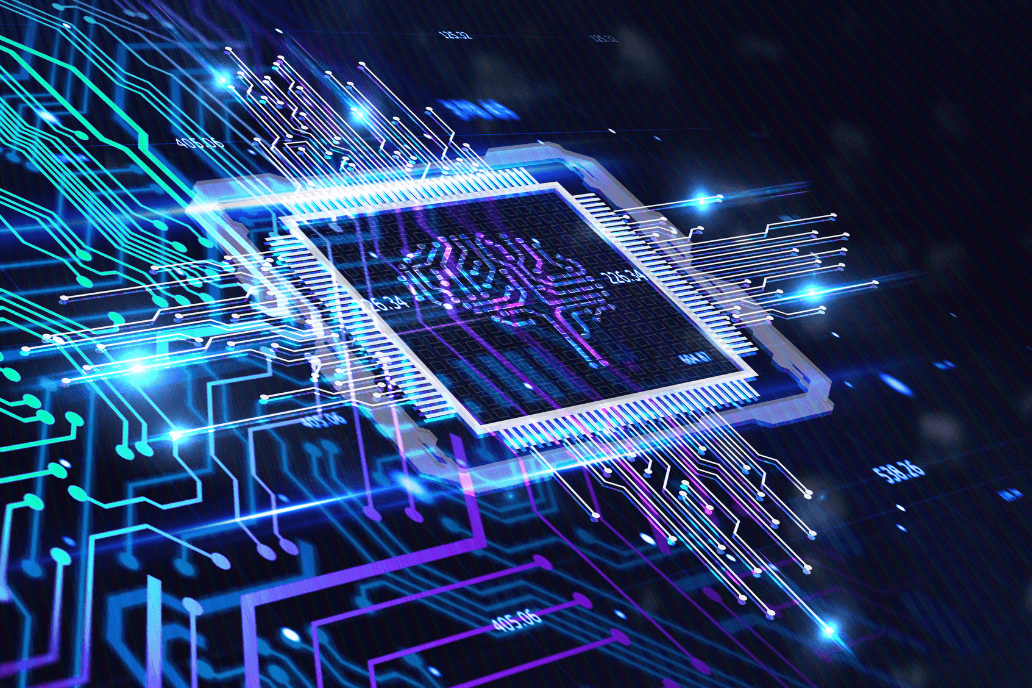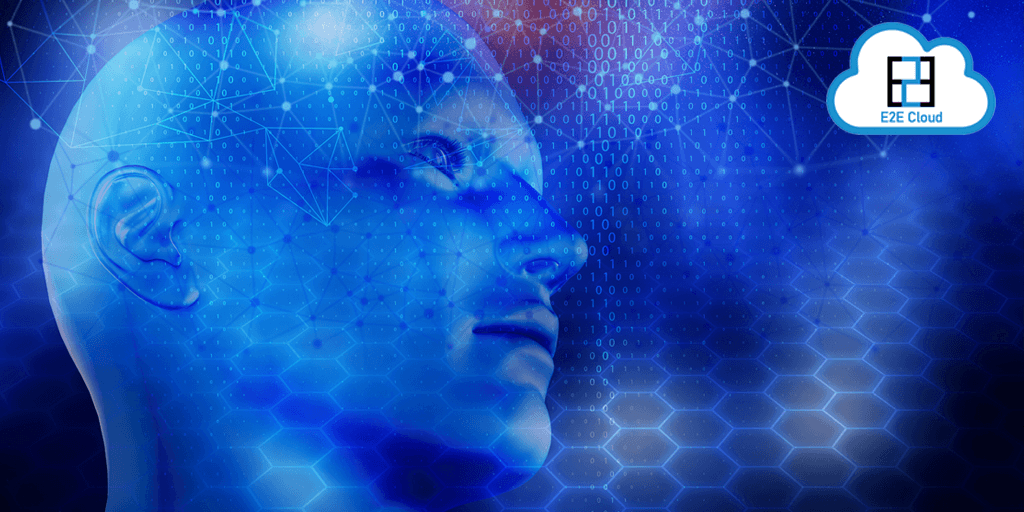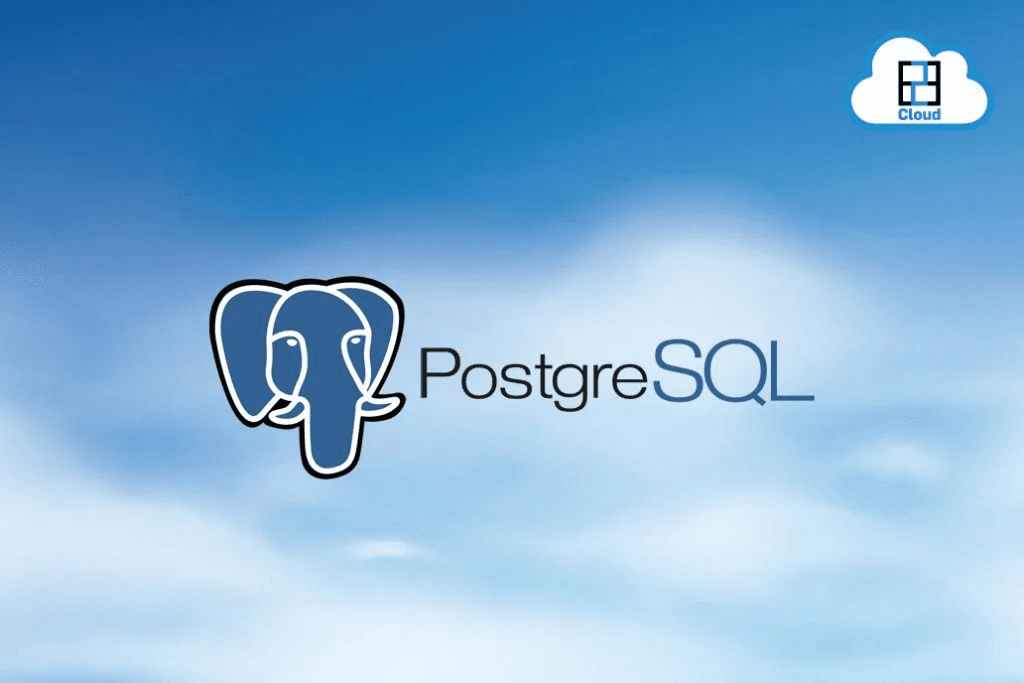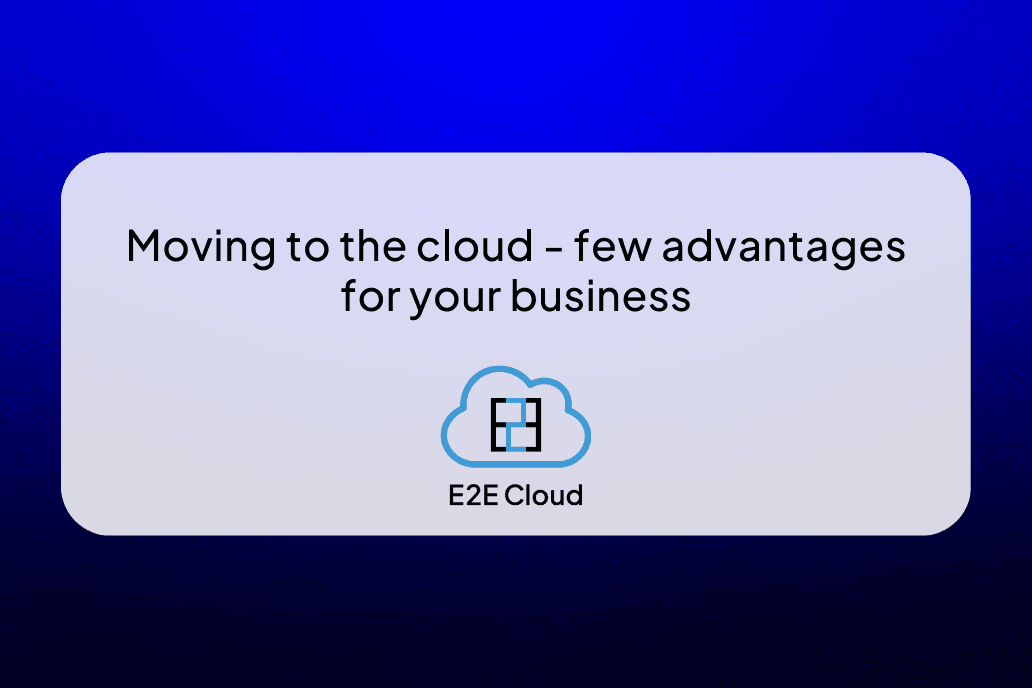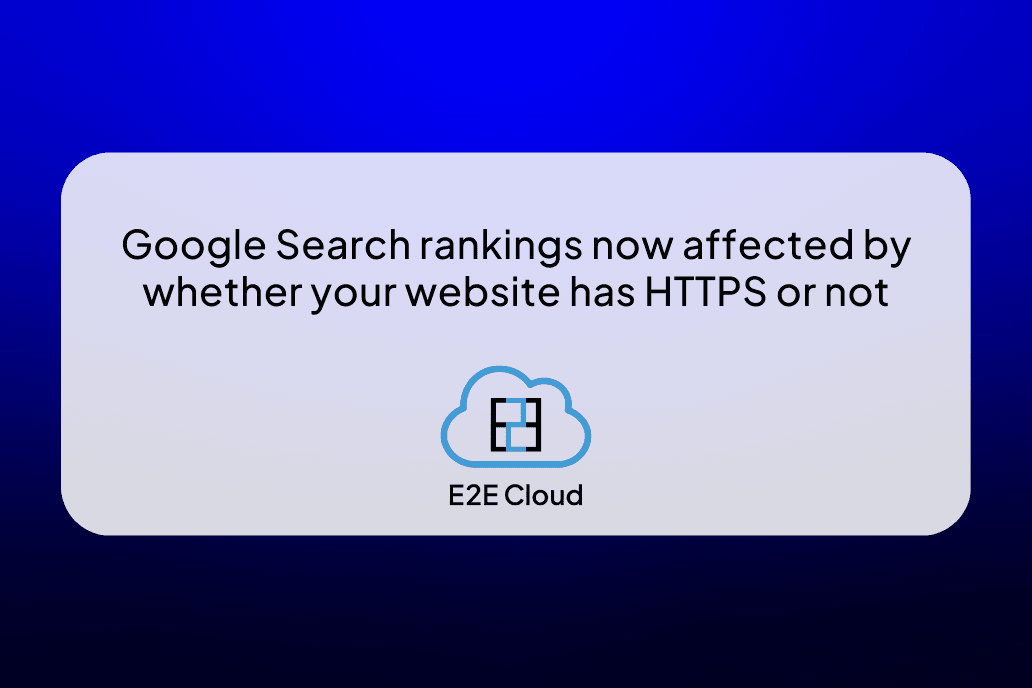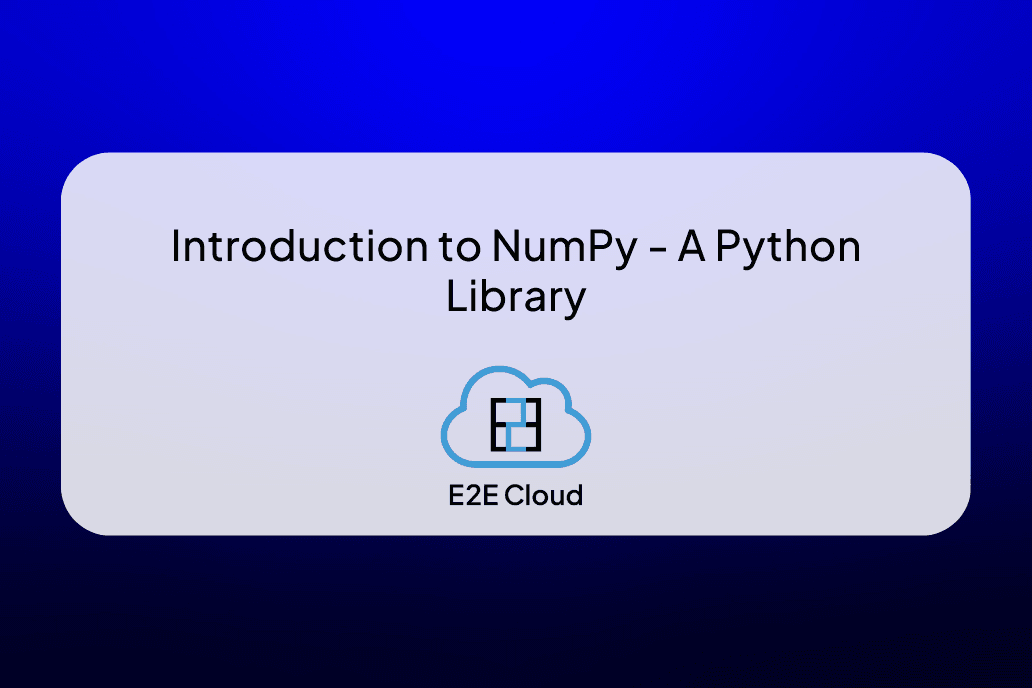All disruptions start with introspection. They go on to become opportunities. By this definition, AI is a disruption. It is a disruption that challenges the limits of human excellence and thinking. Even in its infancy, it has disrupted the notions of the quality and efficiency of manual labour. AI is a game-changer in shaping the future of humans. But what is the extent? That is what we will try to find in this article.
First things first, AI (Artificial Intelligence), ML(Machine Learning), and DL(Deep Learning) sound interchangeable, but they are not. Here's the difference. The strides made in this field, especially in the middle east, give us a glimpse of our future. The potential for AI is especially boundless in healthcare, improving the quality of low-skill jobs and policing. AI can make us improve our standard of life physically, mentally, and financially. It can help analyze medical images, recommend the nutrition we need, perform genome sequencing to deduct what diseases we are most likely to contract, and, in the case of senior citizens, help them lead fuller lives with excellent care.
To date, the biggest consumer of cloud storage is genome sequencing organizations. These organizations take the help of cloud providers like E2E cloud for setting up their customized cloud infrastructure. People are now less skeptical than ever about the idea of robots performing surgeries. Software manufacturers and businesses prefer to use AI for their customer support infrastructure to provide a better quality of service. AI can also improve the human standard of life financially, and this is why countries hoping to become superpowers in the future are investing heavily in AI now. Investing in AI translates to lesser dependence on other countries for labor in fields requiring brawn and brain.
AI has already achieved superhuman performance in some areas, and there is little doubt that its capabilities will improve even further within 2030. AI progression seems inevitable at this point. AI will cause maximum disruption in fields that require reasoning and learning complex decision-making, complex analytics and pattern recognition, visual acuity, speech recognition, and language translation by matching or exceeding human intelligence. In doing so, human capabilities, autonomy, and the feeling of control over their lives are all threatened. So the problem that we are supposed to address is the human skepticism towards AI and how we can ensure AI is our partner and not our replacement. We need to ensure that AI systems do not take control away from us, abuse the data collected, cause loss of jobs, limit human cognitive abilities due to dependence and weaponize information we give them. Contrary to these idealistic outcomes, we already have AI replacing low-skilled manual labor in many parts of the world. Thus, experts in all fields acknowledge that the focus in this area is not as rapidly progressing as the progression of AI itself.
The need of the hour is to develop solutions that bake ethics and values into AI systems, improve human collaboration and equip economic and political systems to help expand human goals and capabilities to promote human-AI collaboration. These goals ensure that we always exercise control over complex human-digital networks. And to realize these goals, we need to pay close attention to how these tools, platforms, and networks are engineered, distributed, and updated.
As every industry becomes more and more deeply entrenched with AI systems, there is a need for hybrid-skilled knowledge workers. Farmers would have to know how to work with big data sets. Oncologists will have to train themselves in robotics. The preparation our workforce requires cannot remain stagnant, with just a few changes to the curriculum like it is now. As we progress into the subsequent stages of AI, we will need a responsive workforce that constantly adapts to new processes, systems, and tools every few years.
The need for people in hybrid jobs will rise faster than the labour departments, schools, and universities expect them to. Due to the pace of this change, the human-AI collaboration will be inevitable. This duo will need to manage and counter the consequences of multiple simultaneous accelerations: a large spectrum of technology advancement, globalization, climate change, and global migrations. Bear in mind that whenever we automate a formerly manual job, we also end up programming ourselves and our interactions. We make our interactions more standardized, devoid of spontaneity and ambiguity.
In conclusion, we are fast heading towards a future where AI will play a more active role. Rather than resist it, we need to increase awareness of these systems, revisit our learning process and keep frameworks in place to prevent threats to autonomy, agency, and capabilities of us humans. AI is our best bet to become better off than we are now; by eliminating global poverty, reducing disease outbreaks, and providing universal education.
